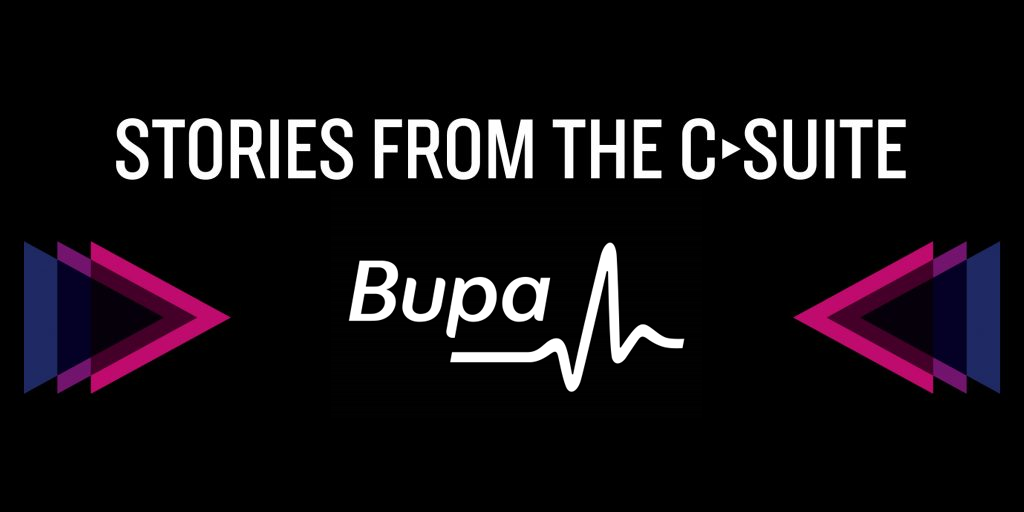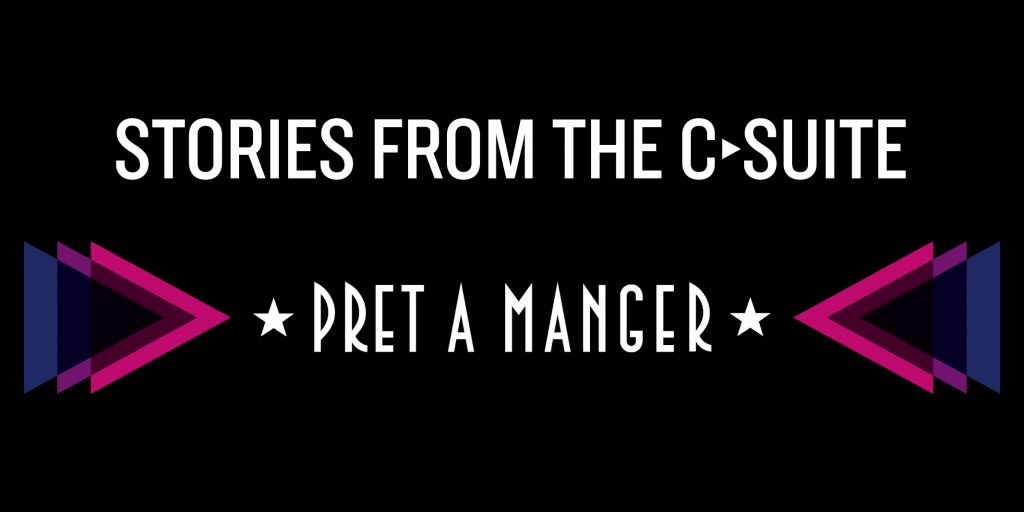Insight article

Consumers are demanding action, so why are organisations only talking?
No longer are consumers and employees waiting for businesses to embrace ethical priorities. Instead they are now holding them accountable for their inaction. Recently, it was reported that 53 per cent of consumers have switched to lesser-known brands because they were sustainable, while 47 per cent have walked away from brands that disappoint on social issues. These values are shaping the workplace, with over 73 per cent of employees wanting their CEO to speak out on social and environmental issues. The Covid-19 pandemic and Black Lives Matter movement have amplified the pressure on businesses to take action as more people become mindful of their consumption and social responsibility.
Take Oatly, a beloved milk alternative brand which prides itself on its sustainability. The brand is famed for its bold campaigns which puts its purpose at the heart of them. In 2019 they unveiled their ‘Ditch Milk’ campaign. Oatly’s Creative Director Michael Lee said, “Our message to the London Coffee Festival crowd and anyone else who might be interested in the future, is pretty simple — swap cow’s milk for oat drink and save the planet 73 per cent in CO2e.” Recently Oatly came under fire for selling shares to an association with purported links to deforestation. The business purpose and actions were at odds, and Oatly received a fierce social media backlash with some consumers boycotting the brand. Oatly is open and proud of its environmental record, so keeping this controversial decision quiet created a vacuum for consumers to believe they had broken their sustainability promise. Oatly responded by releasing a statement to explain the decision and time will tell if trust will be recovered.
The risk of disengaging employees and customers who increasingly value companies’ contributions to society over profit is a large one. In 2016 NFL player Colin Kapernick was exiled by the league after taking the knee in protest of police brutality. Nike supported his protest against racial injustice by featuring him in bold advertising campaigns. Nike was met with customer support shown through a jump in sales. Nike has continued to feature Colin Kapernick with him becoming one of the faces for its 30th anniversary campaign. Public solidarity was soon met with criticism when Nike’s 2019 diversity record came into the spotlight, with less than 10 per cent of its vice presidents being Black. Nike’s genuine commitment for racial equality was questioned when its own internal structures didn’t match. This criticism was heightened when past and present Black Nike employees anonymously took to social media to share their experiences of racism.
Nike went from being seen as a genuine supporter to a performative ally. Nike’s CEO John Donahoe released a statement saying “We’ve stepped up our own efforts and measures of accountability in the areas of diversity, inclusion and belonging to foster an inclusive environment and attract a more diverse workforce.” He went on to pledge $40 million to “support the Black community in the US”.
A organisation’s disconnect between its purpose, messaging and actions is increasingly being scrutinised by a society which wants and expects better. One client we recently worked with placed its purpose at the heart of its narrative. The narrative echoed words of belonging and opportunities for all, yet the visuals told a very different story – not a single image of their teams included an employee from an ethnic minority background. The CEO felt the images had to remain, so the truth of its poor diversity record would awaken leadership to address the problem. The visual depicting the business’s future was replaced from a homogenous group of white males to a range of ages, gender and ethnicities. The CEO hoped the story visuals would hold the leadership team accountable, so they would feel compelled to take action and enact the narrative’s goals of building a business where everyone belonged.
The pandemic, Climate Emergency and Black Lives Matter have put the spotlight on businesses who fail to live up to consumer values which now focus around care, equality and safety. Leaders have to accept they have a responsibility to engage with these issues to better society and protect the environment. Indeed, 64 per cent of consumers are ‘belief-driven buyers,’ meaning they will switch or boycott a brand based on its stance on these issues. The next generation is especially concerned, so in order to attract and retain talent it should be a priority. Having a story which connects and voices both ethical and strategic priorities will bring everyone on the business journey. It will ensure every decision made within the organisation is in service of keeping these urgent priorities, making the organisation relevant, respected and believed in.
To find out more about the power of storytelling to inspire and fuel change, read and download our ebook: ‘Storytelling: how to reset an organisation’s narrative to inspire change’.






